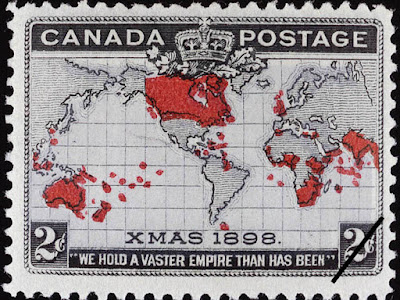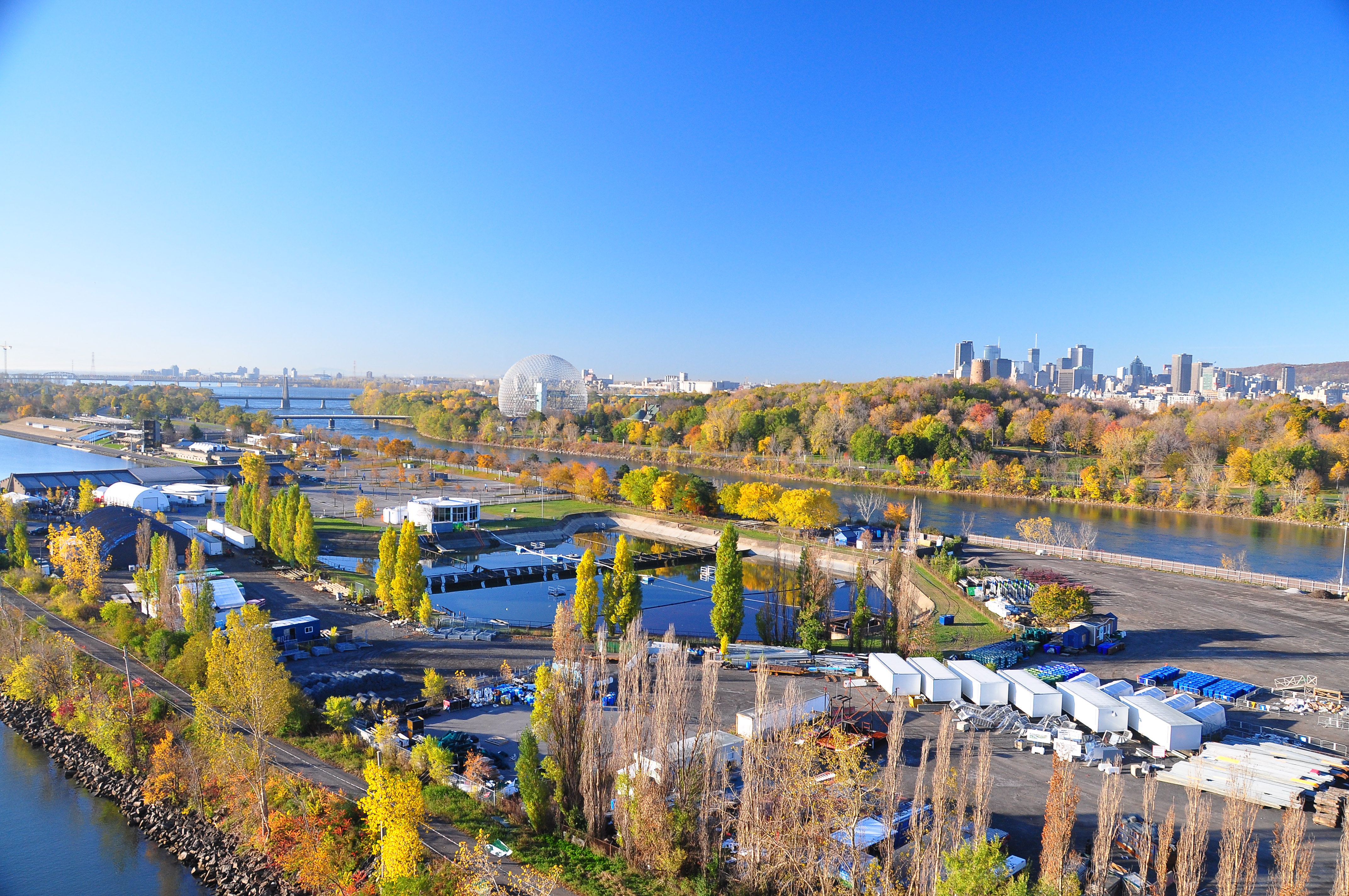As the world goes mad, it is soothing to contemplate the possibility of CANZUK, the proposed union of Canada, Australia, New Zealand, and the United Kingdom. A large part of this must be nostalgia—I am just old enough to have some memory of when the British Commonwealth still meant something. Although most of that sense probably came from old boys’ books I had inherited from two generations earlier, describing a world that was no longer there. As a mere boy myself, I did not necessarily know. But the return of a real, muscular Commonwealth feels to me like a return to reason.
One criticism levelled against the proposal to revive closer ties among the four dominions is that this union seems based on race—it does not include any of the “non-white” former colonies.
Apologists generally counter by pointing out that CANZUK would actually be less “white” than the EU, and nobody objects to the EU on this basis. And they argue that only these four nations qualify on economic grounds—other former parts of the British Empire are much poorer.
But to say as much is to concede a point that ought not be conceded. What is wrong with people uniting on the basis of a common ethnicity? When, in other words, did the nation-state become forbidden? And why has nobody else heard?
Since the decline of the great empires, countries have been organized on ethnic grounds; this was the progressive concept Wilson claimed the US had fought for with his Fourteen Points. The notion that a people had a right to self-determination was the primary argument against those empires. That it is of fundamental importance, a human right, that whoever runs your government be of the same genetic makeup as yourself—that this supersedes the need for either good government or democracy.
But this very principle is the most powerful argument for CANZUK: that it will reunite a single people, too long artificially divided. Back at the beginning of the 20th century, when the idea of an Imperial Federation was floated, the argument against was that distances and lack of intercommunication made this impractical. And so these lands went their separate ways. It clearly is no longer. There is no longer any reason for the British ethnicity, if we may call it that, to be kept apart.
The CANZUK countries accept the automatic citizenship of anyone born in that country. Try the same in most countries—try that in Saudi Arabia, or Korea, or Japan. Try it in Germany, or anywhere in Europe, until recently. In most countries citizenship is automatic only with the right ethnicity. Britishness is unusual in not being based on actual genetics, but on shared traditions. This is largely because the UK was always genetically and even ethnically diverse, a union of four distinct populations, English, Irish, Scottish, and Welsh. Just try telling a Scot he is English.
“British” ethnicity is thus a matter of the shared history, to some extent language, but primarily shared legal and government traditions, and shared allegiance to the British monarchy.
Shared legal and government traditions are the best reason possible for a partial reunification, and make the matter easy and natural.
















